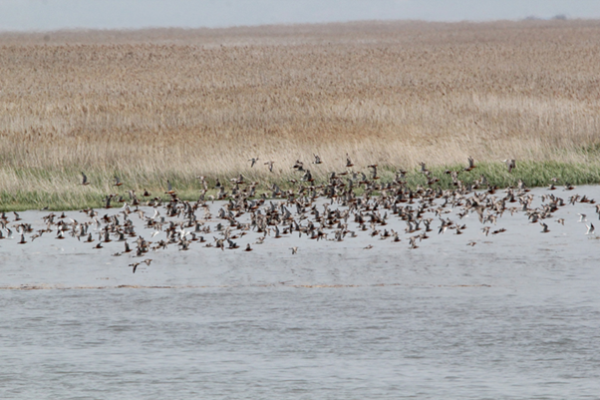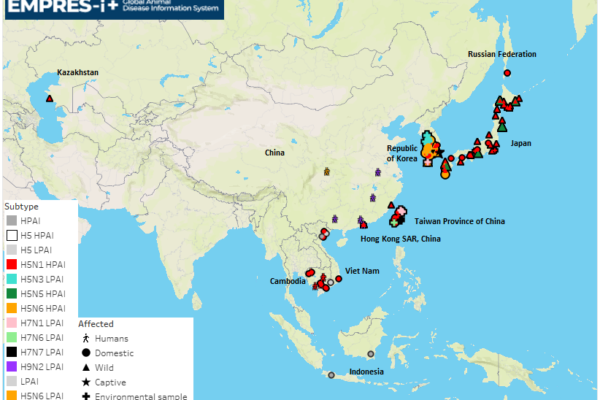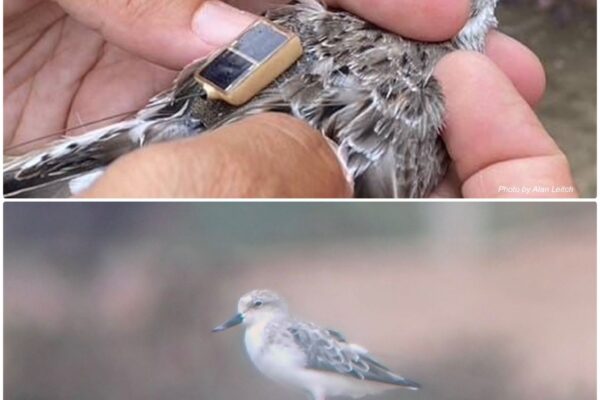MESSAGE OF THE EXECUTIVE SECRETARY OF THE CONVENTION ON BIOLOGICAL DIVERSITY BRAULIO FERREIRA DE SOUZA DIAS on the occasion of the WORLD WETLANDS DAY
“Wetlands for Our Future: Sustainable Livelihoods”
2 February 2016
The wetlands of today are essential for human health and prosperity, and the benefits they provide have enormous economic and social value. As confirmed by the 2013 report, The Economics of Ecosystems and Biodiversity: Water and Wetlands, which we are proud to have contributed to, the ecosystem services provided by wetlands, on a per unit area basis, are the most valuable of all of our ecosystem types.
The benefits provided by wetlands are enjoyed by people directly and indirectly. In their role as natural infrastructure, wetlands underpin the availability of clean water for drinking, protect us from the extremes of flooding and drought and can play a significant role in recycling nutrients and chemicals thereby helping us to sustainably manage waste. These, and other, indirect benefits of wetlands enable our societies and economies to continue to function and thereby sustain system-wide livelihoods for both rich and poor alike.
Wetlands are at the centre of livelihoods around the world, and are a major source of employment globally. Close to a billion people in Asia, Africa and the Americas depend on rice grown in wetlands for their main livelihood, with 80 per cent of world production coming from small scale family farmers and consumed locally. Some 660 million people depend on fishing and aquaculture in wetlands for their main livelihood support. International tourism generates well over US$ 1 trillion worldwide per year, accounting for about 9 per cent of global employment, and about half of these tourists seek relaxation in wetland areas.
Ensuring the conservation and sustainable use of biodiversity in wetlands while sharing the benefits with equity can protect these benefits. Wetland restoration can yield significant benefits to local communities by generating growth in ecosystem resources, for example improving fish catch by up to 80 per cent in Bangladesh’s Hail Haor wetlands. A public-private partnership for wetland restoration in the Mississippi Delta has been established to help the region offset sea level rise, increase the resiliency of the wetland ecosystem to drought, and promote carbon sequestration, thus effectively contributing to fighting climate change and sustaining livelihoods.
Yet despite these enormous benefits, wetlands continue to be lost and degraded at an alarming rate. Recent estimates are that 64 per cent of the world’s wetlands have disappeared since 1900 and 90 per cent since 1700. Monitored freshwater species populations declined by 76 per cent between 1970 and 2010, and this decline is accelerating to a rate of loss of about 1.5 per cent annually. This is because wetlands are very vulnerable to development and in particular to increasing water use, agricultural expansion, urbanisation and pollution. Problems remain in recognising the values of wetlands and incorporating their sustainability into planning. Perversely, the loss and degradation of wetlands undermines the sustainability of the development that is often responsible for their demise.
As one way forward to ensuring sustainability, the Secretariat of the Convention on Biological Diversity has been actively working to mainstream biodiversity and ecosystems into development. A successful example is with regards to the newly adopted Transforming our world: the 2030 Agenda for Sustainable Development, where we are pleased to have contributed together with the Ramsar Convention to the recognition that the protection and restoration of ecosystems, particularly wetlands, is an essential requirement to achieve its Goal 6 (Ensure availability and sustainable management of water and sanitation for all). This is reflected in Target 6.6 (By 2020, protect and restore water-related ecosystems, including mountains, forests, wetlands, rivers, aquifers and lakes) which is derived originally from the Convention’s Aichi Biodiversity Target 14.
I am gratified that we are seeing progress in these, and other, forums but mindful that much work still needs to be done in terms of translating this into concrete action on the ground. As we celebrate the 2016 World Wetlands Day, I am pleased that our partnership and cooperation with the Ramsar Convention, the lead agency for wetlands for the Convention on Biological Diversity, remains as strong as ever. I hope that in celebrating these wonderful and important ecosystems, we also remind ourselves of the need for improved action to sustain them and the livelihoods they support.
This press release was issued by CBD on 2 Feb 2016 at https://www.cbd.int/doc/speech/2016/sp-2016-01-28-wwd-en.pdf
together with the Press Brief
To find more relevant materials, please click here to go to World Wetlands Day page.





